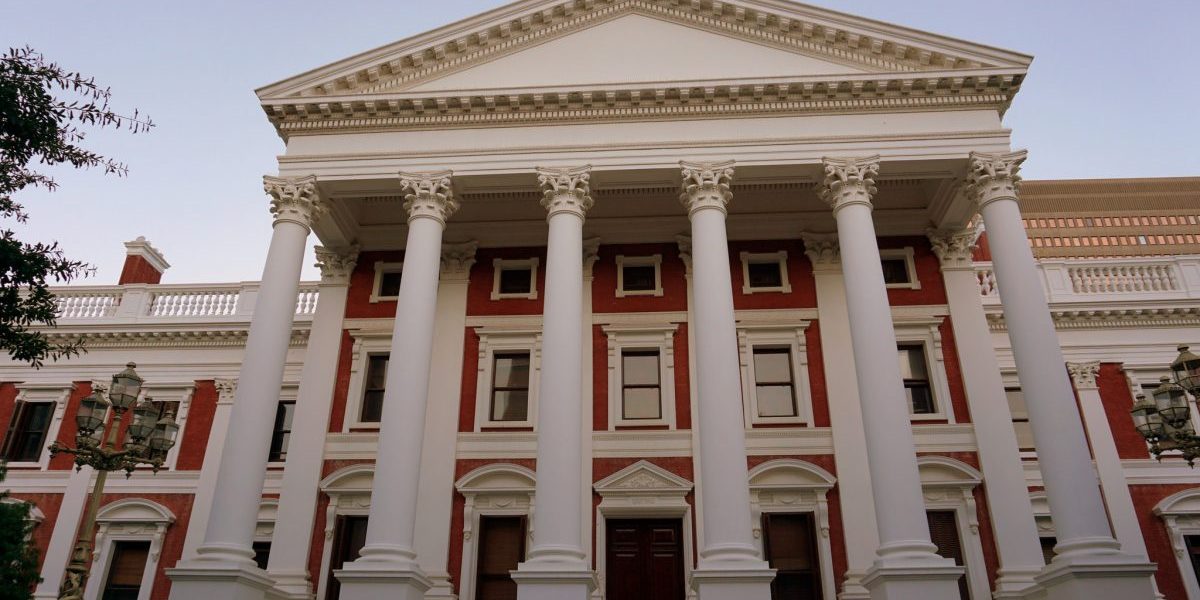The post-1994 Parliaments can be periodised neatly. Replete with political galacticos, the founding democratic Parliament was characterised by political energy, vital debate and legislative renewal.
By contrast, Parliaments during the 1999-2008 period were marked by a steady and perceptible effluxion of talent, decline of political will and loss of moral credibility and indeed political relevance. Invigorated by the Zuma Tsunami that struck Polokwane in September 2008, the 2009 Parliament began to make good use of the new-found political space created by the casting off of the politically authoritarian Mbeki mantle. Yet this political millenarianism may be momentary.
Alongside ‘Increasing public participation’ and ‘Building an efficient, effective institution’, Parliament trumpets ‘Executive oversight’ as one of three strategic objectives. The evidence would suggest otherwise. Indeed Parliament’s recent efforts to exercise effective oversight are in danger of being trumped by the exigencies of heavy-handed dominant party discipline. The most disturbing case in point is the reported attempt by the ANC Chief Whip and Deputy Speaker to mute Committee Chairs in their scrutiny of Ministerial performance. Were this true, it would be to deny a constitutional imperative of Parliament and to invert (and pervert) the fundamental relationship of representative democracy.
To be clear, it is not within the political DNA of South African back-bench MPs to question leadership. Moreover, the party list electoral system has in-built obeisance. This is a universal political truth, with few exceptions. Yet a distinction needs to be made between party discipline, courteous behaviour and disrespect for the institution of Parliament. Stated differently, every Cabinet Minister is a Member of Parliament first. All were elected to the National Assembly; all are subject to its rules, responsibilities and constitutional obligations. More particularly, upon taking office all MPs (even if subsequently appointed to Cabinet) are aware of the responsibility of Parliament to exercises oversight with all due diligence.
Moreover, Parliamentary oversight cannot be strengthened via a weakened opposition. In this regard, the Parliamentary performance of the Congress of the People (COPE) since 2009 has flattered to deceive. The uncomfortable compromise choice for Parliamentary leadership left the party hopelessly inert. Now COPE is in danger of making Parliamentary history by committing simultaneous political infanticide and fratricide.
Whereas COPE is a party in danger of being stillborn, the Inkatha Freedom Party is rapidly fading as a Parliamentary force under a leadership gerontocracy. The party presides over a declining support base, has haemorrhaged talent and makes precious little contribution to Parliament. The electorate deserves better.
Despite these challenges, 2011 provides a number of potentially exciting opportunities for the institution to reclaim its position as the pre-eminent institution of our nascent democracy. One of the three key pillars of Parliamentary roles and responsibility is the deliberative role. In other words, to consider and debate issues and policies of national importance.
The New Growth Path provides the substance for such a debate. Arguably the most important document to emerge from the government since the HIV/Aids antiretroviral roll-out, the New Growth Path provides a thoughtful, challenging and in some respects radical policy document that demands serious consideration and debate not simply on partisan terms, but more substantively on policy and sectoral terms. In key respects Parliament’s position on the New Growth Path could be the defining feature of policy debate in the short to medium term.
Furthermore, after a disappointing hiatus, Parliament has the opportunity of inserting itself into the national discourse on international relations and co-operation. South Africa’s second term as a non-permanent member of the United Nations Security Council provides an opportunity to correct misperceptions and advance the Africa agenda. In November the country will host the 17th Conference of the Parties on Climate Change. As was the case in Mexico and Denmark before us, South Africa will be measured not purely by the outcome of the deliberations, but equally for the quality of the country as hosts of such an important global conference.
Parliament has an important role in deliberating and overseeing both these key international relations opportunities for our country.








